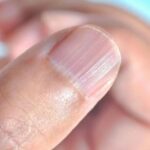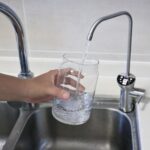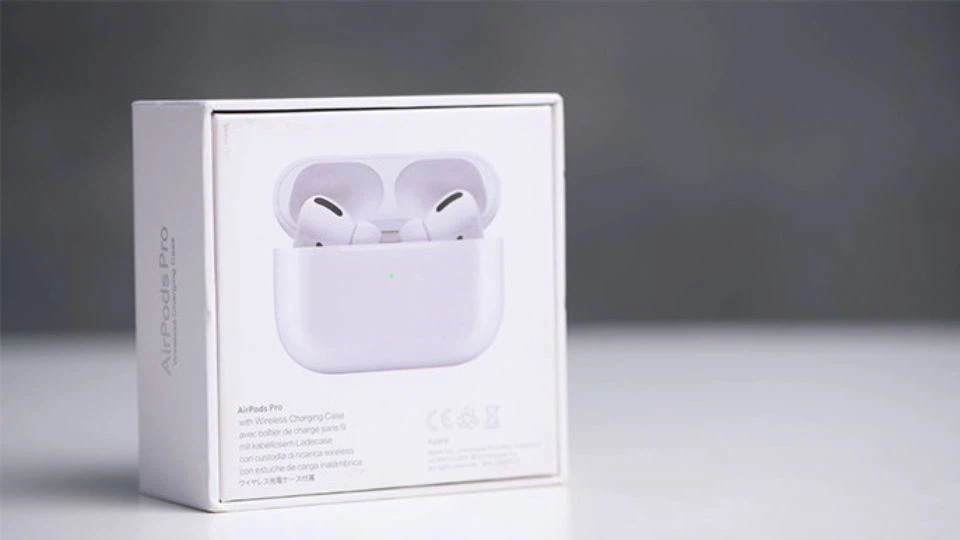Drinking water is often considered a simple habit, but the way we consume it can have a significant impact on our health. Is it safe to consume boiled water that has been boiled multiple times or water that has been left overnight?
Can Re-boiled or Overnight Water Cause Cancer?
Experts have thoroughly researched the question of whether reboiled water or water left overnight can cause cancer. After a series of experiments, they found that even after boiling water up to 20 times, the nitrite levels remained very low, at approximately 0.038mg/L. This proves that nitrites are present in the water from the beginning and are not produced by the boiling process. Therefore, reboiling water does not lead to the creation of cancer-causing substances.
According to PGS Fan Zhihong from the Department of Nutrition and Food Safety at China Agricultural University, nitrite, a cancer-causing substance, only forms in the presence of nitrate. As most mineral or purified water we use daily does not contain nitrate, leaving water overnight does not pose a cancer risk.
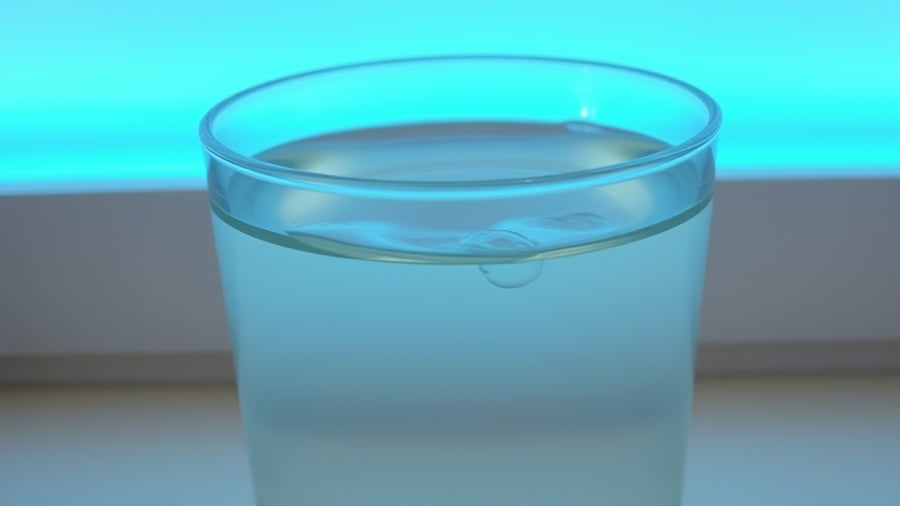
Mineral or purified water usually doesn’t contain nitrate, so leaving it overnight doesn’t increase cancer risk.
Two Types of Water That Actually “Feed” Cancer Cells
Contrary to popular belief, reboiled water or water left overnight is not the direct cause of cancer. Instead, the following two types of water require our attention:
Extremely Hot Water
Consuming water that is too hot (above 50-60°C) over an extended period can cause severe damage to the esophageal mucosa. This continuous stimulation can lead to esophageal mucosal hyperplasia, increasing the risk of esophageal cancer. To stay safe, it’s recommended to let the water cool down to around 18-30°C before consumption.
Unboiled Tap Water
Tap water is typically treated with chlorine for disinfection. This process can create harmful chemical compounds such as chloroform and hydro halide, which have the potential to cause cancer if consumed directly without boiling. Additionally, untreated water can irritate the digestive system, leading to issues like bloating, abdominal pain, and diarrhea.
To eliminate these toxic substances, boil the water at temperatures above 100°C. The high temperature will cause the toxic substances to evaporate with the steam, resulting in cleaner and safer water.
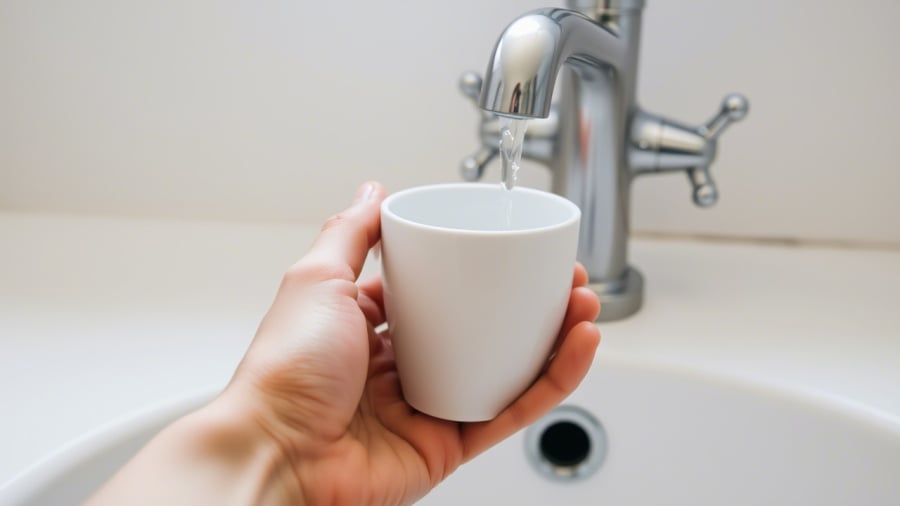
Untreated water can irritate the digestive system, causing issues like bloating, abdominal pain, and diarrhea.
Guidelines for Healthy Water Consumption
To maximize the benefits of drinking water, consider the following principles:
Drink a Glass of Water in the Morning
Drinking a warm glass of water (about 250ml) every morning helps reduce blood viscosity, improves blood circulation, and dilates blood vessels. This is especially beneficial in preventing cardiovascular diseases such as hypertension and cerebral thrombosis. Additionally, this habit aids digestion and relieves constipation.
Control Water Temperature
Ideally, maintain the water temperature at around 25°C. At this temperature, water has high biological activity and can easily permeate cell membranes to provide moisture to the body. Both extremely cold and extremely hot water can be harmful to the digestive system and other organs.
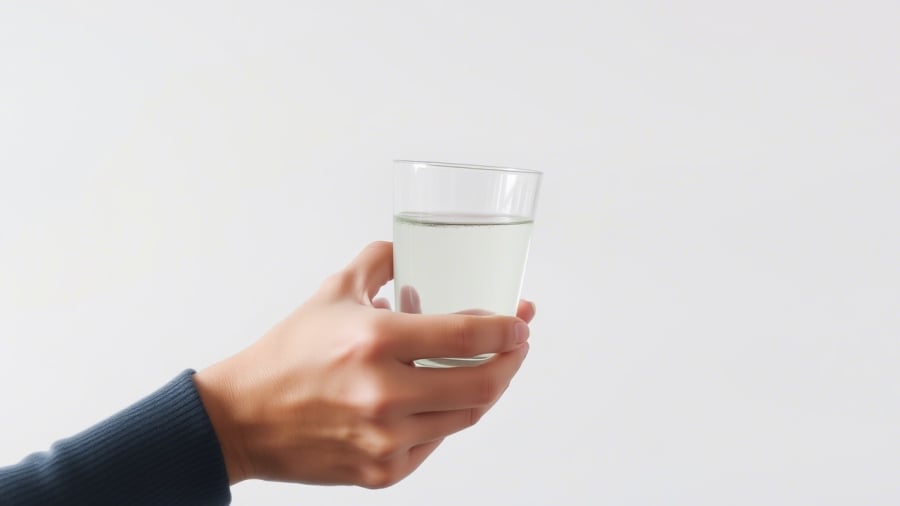
The ideal water temperature is around 25°C.
Drink Water Before and After Meals
Before meals: Drinking about 100ml of water half an hour before a meal stimulates digestive juices and enhances nutrient absorption. It also creates a sense of fullness, aiding in weight control.
After meals: Drinking 300ml of water about two hours after a meal promotes the secretion of satiety hormones and improves the digestive function of the intestines.
Drinking Rhythm
Instead of chugging water, take small sips. Drinking too quickly can cause you to swallow air, leading to hiccups or bloating. For those with a weak digestive system, drinking water too fast can also result in low blood pressure or brain edema. Therefore, drinking in small sips improves absorption and creates a sense of relaxation.
By following these guidelines, you can ensure that drinking water becomes a healthy habit, contributing to your overall well-being. Remember, while water is a precious resource for our bodies, it’s the way we use it that determines its true benefits.

























